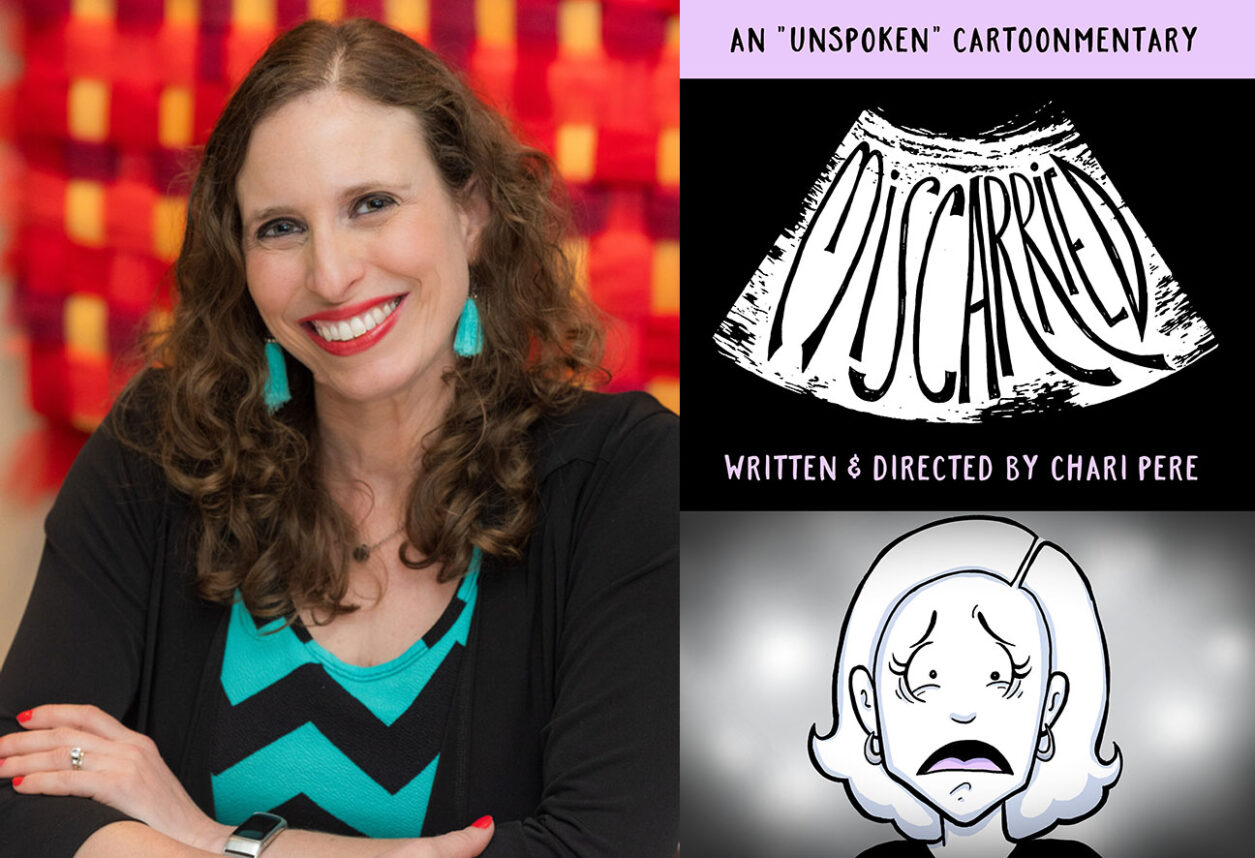Reading the book of D’varim (Deuteronomy) can be a tumultuous experience. These last few Shabbat mornings have been roller coaster rides, as the sacred text has repeatedly ascended to lofty ethical heights, and then without any particular warning, has seemingly plunged into territory that is ethically jaw-dropping.
On one Shabbat morning we were urged to cleave to God who “upholds the cause of the orphan and the widow, and loves the stranger, giving him bread and clothing”, and on the next week we were commanded to completely obliterate any town in our midst whose inhabitants are discovered to be engaged in idolatry, “destroy it, and everyone who is in it.” Minutes later we were enjoined to “open [our] hand to the one who is in need”, were forbidden to harden our hearts toward the needy, and were even required to extend loans that will likely be canceled by the Sabbatical year before we have a chance to recoup them. But when we came back to shul a couple of weeks after that we were told that – within certain parameters – it is permissible to seize a woman captured in war, and take her to wife without her consent. We then held on tight as we scaled the inspiring twin peaks of the command to treat even our animals with sensitivity, and God’s declaration that dishonesty in commerce is an abomination. These in turn were followed immediately by the command to kill any and every Amalekite, now and forever, wherever we may chance upon them.
Not surprisingly (I hope), the Torah’s ethical “highs” continue to shape our practice of Judaism to this day, while the jaw-droppers have uniformly all fallen out of practice. The Rabbis of the Talmud in fact insisted that the law of the idolatrous town (as well as the command to stone a rebellious child) were never intended for implementation at any point, and are recorded in the Torah as hypotheticals, recorded for academic purposes only.
Yet, the lingering questions are large and unavoidable. Do we, or do we not, consider the Torah our ethical code? Do we, or do we not, regard God as the source and paradigm of moral behavior? If we have been ethically cherry-picking for the last couple of millennia, what are we really saying about the moral integrity of the Torah – and of our God?
I’ll here offer three thoughts that admittedly only serve to get the conversation started. One, is that as tempting as it may be to simply ignore these questions, we would be doing so at our considerable peril. To have no response at all is either to implicitly concede that we are no longer actually practicing Judaism, or, at the other extreme, to have to accept the propriety of practices that are beyond the pale of widely accepted moral behavior (Other examples would include the holding of slaves, and the possession of concubines.)
The second thought is that the Torah itself presents conflicting sentiments about some of the jaw-droppers. Our father Avraham distinguished himself as righteous precisely when he objected to the collective punishment of Sodom and Gomorrah. The apex of Moshe’s heroism comes when he does the same (twice) on behalf of the children of Israel in the desert. God Himself seems to do this after the flood. To seize and attempt to marry a women against her will would place one in the company of Pharaoh and Shechem, who respectively took Sara and Dinah, are who are not remembered well for this. In the narratives of Tanach, polygamy and concubinage are invariable presented as troubled situations, best avoided. The legal sections of the Torah spend much more time discussing the laws of how and when to free Hebrew slaves than it does on the laws of maintaining them. In short, Tanach conveys multiple and sometimes contradictory messages as to the standard of acceptable moral behavior, presumably reflecting a genuine sense of internal conflict, and implicitly encouraging further discussion as the generations unfold.
And finally, a corollary of sorts to the previous thought, morality is a moving target, and we have always known this. (How long ago was inter-racial marriage considered immoral?) Talmudic sages severely limited the practices of arranged marriages for minor daughters, levirate marriage, and the use of capital punishment, all on moral grounds. They couldn’t have thought that the Torah, or God, were less moral than themselves. But they knew that as humanity develops and changes, so do moral standards. God spoke at one time. We live – and are commanded to live morally – at another. We turn to the Biblical mitzvah to “do the right and the good” as the North Star which guides our journey into and through times of intellectual and societal change.
These are broad, general thoughts about a set of questions that has an infinite number of particulars. They are questions that many would like to avoid altogether I know, and that some readers will wish I had never brought up. But in various ways, they are questions that we have been asking forever, because we know that these are the precisely the questions that have enabled us to continuously blaze our trail toward holiness and moral piety. To avoid them, or to offer apologetics in response, is a certain way to ascend to the perilous edge of a moral abyss.






















 More news and opinions than at a Shabbat dinner, right in your inbox.
More news and opinions than at a Shabbat dinner, right in your inbox.